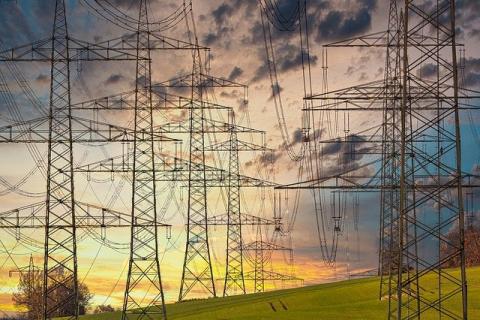
Title: Public private Partnership (PPP) in Electricity Distribution. Case Studies of Delhi and Odisha
Language: English
Type: Document
Nature: Case Study
Published: January 1, 2015
Region: South Asia (SA)
Country: India
Sector: Energy and Power
Keywords: Knowledge Lab ***, Energy and Power
Document Link(s):
Document(s):
- Public private Partnership (PPP) in Electricity Distribution. Case Studies of Delhi and Odisha640.51 KB
Document Summary:
Through these two case studies of Tata Power Delhi Distribution and that of Feedback Energy Distribution Company, the study analyzes key performance parameters related to technical and financial aspects including distribution losses, O&M expenses, collection efficiency, consumer metering, distribution transformer failure rate, and protection of consumer interest, among others.
Document Details:
The Electricity Act, 2003 aimed to bring in a paradigm shift in the functioning of the power sector, distancing the sector from direct government control, corporatizing the sector and bringing it under the control of independent regulators. While generation was completely delicensed, transmission and distribution became licensed business. The Regulatory Reforms aimed at making the sector sustainable through introduction of competition, encouraging efficiency and economy, tariff rationalization and balancing the needs of consumers as well as industry. Various steps with respect to public private partnership have been initiated and met with success. Two different models of Public Private Partnership (PPP) which have been successful are discussed in this study. The first is through equity sharing model with majority stake and management control by the private owner and the private owner being handed over the distribution license through a transparent bidding process ( as in Delhi where Tata Power Delhi Distribution Limited (TPDDL) and BSES Rajdhani Power Limited (BRPL), and BSES Yamuna Power Ltd (BSEY) have been granted distribution licensee in their respective areas). The second is through a franchisee model where a franchisee has been defined in The Electricity Act, 2003 as “a person authorized by a distribution licensee to distribute electricity on its behalf in a particular area within his area of supply”. Thus, while the franchisee distributes electricity on behalf of the distribution utility, the overall responsibility of distribution still remains with the utility.
PPP brings in two very important elements for sustainability of the sector — finance and new set of management practices. It is important to study some of the successful PPP in the distribution sector to understand the factors affecting the success of the PPP in the sector. To capture these aspects the two cases of — the implementation of PPP in Delhi (Tata Power Delhi Distribution Ltd) and in Odisha (Feedback Energy Distribution Company Ltd) have been studied.
The study brings out the factors contributing to the success as well as the challenges faced during the implementation of PPP in electricity distribution and importance of encouraging PPP in the distribution segment. Through these two case studies of Tata Power Delhi Distribution Ltd (TPDDL) and that of Feedback Energy Distribution Company Ltd (FEDCO), ïnvolve performance on key performance parameters related to technical and financial aspects including distribution losses, O&M expenses, collection efficiency, consumer metering, distribution transformer failure rate, protection of consumer interest, etc. have been carried out. This study will serve as a guideline for future implementation of PPP model in the Power Sector.
Updated: April 12, 2022